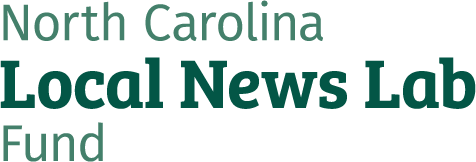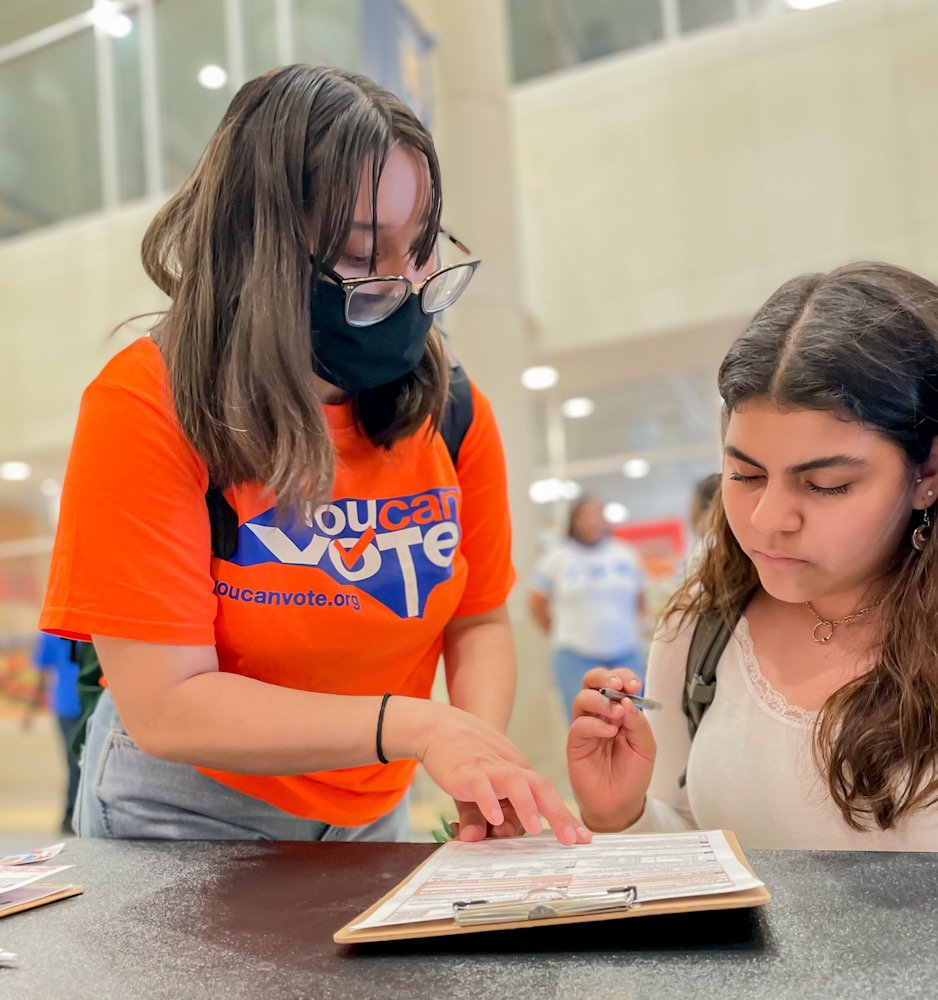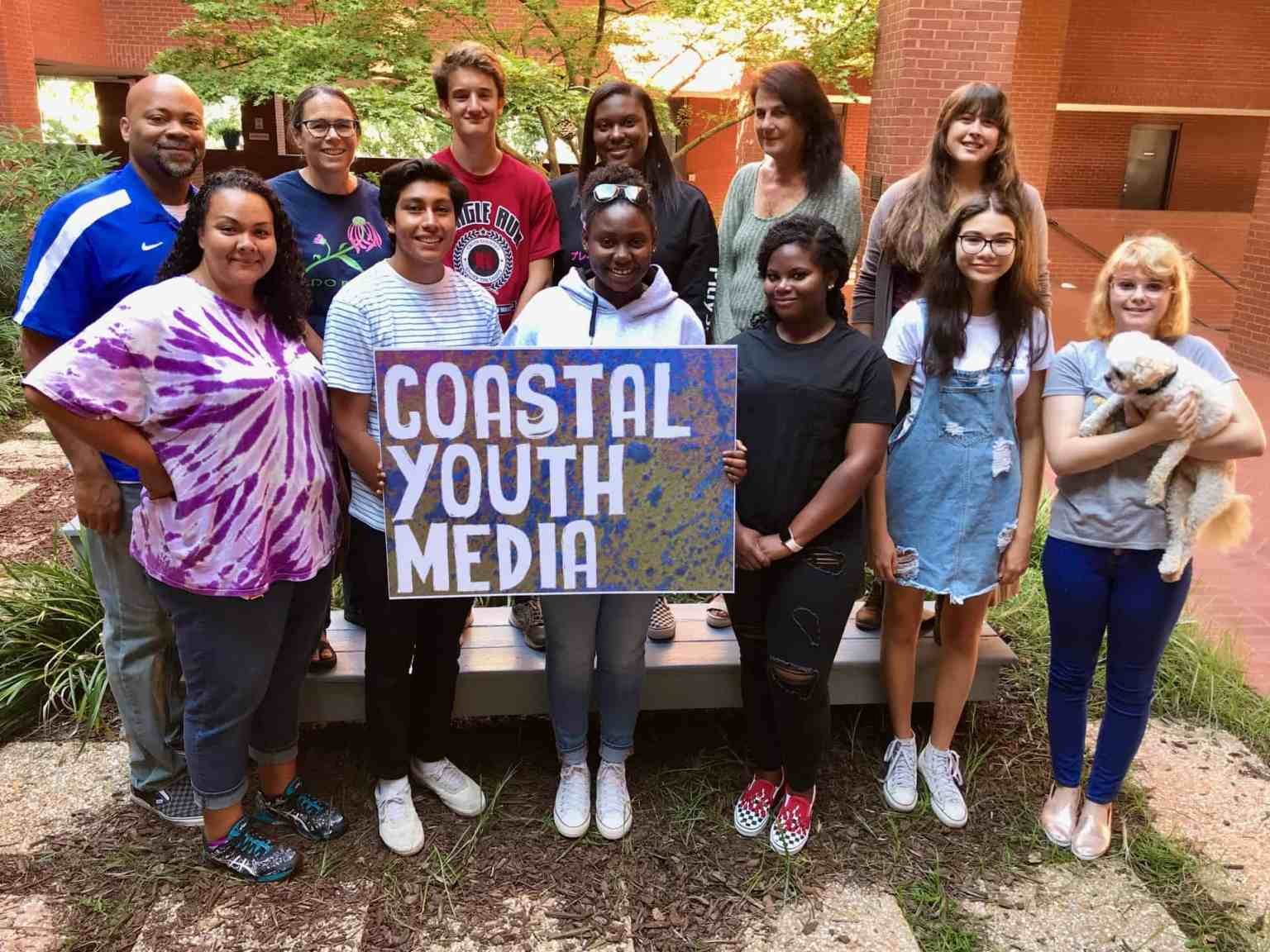The NC Local News Workshop launched a paid intern corps, facilitating dozens of newsrooms to republish the coverage for free
North Carolina Local News Workshop
Intern, Anton Delgado, at a Juneteenth protest.
In spring 2020, local news organizations in North Carolina were feeling the strain of providing COVID-19 coverage at a rapid pace with diminishing financial resources. North Carolina newsrooms had endured a succession of staff layoffs and budget cutbacks over the past decade as advertising and subscription dollars became less reliable. The COVID-19 crisis made it nearly impossible for small teams to keep up with demand. At the same time, college journalists attending North Carolina schools were losing their internships at news organizations due to budget uncertainty. The North Carolina Local News Workshop, established June 2020 and funded by the North Carolina Local News Lab Fund, saw an opportunity to creatively address the situation. That June, the Workshop launched its first initiative: a paid program to host college journalists, where they helped create much-needed news content that small news organizations could republish for free.
This intern corps helped local college journalists flex their growing reporting skills and gain necessary experience in the field, and small news organizations in North Carolina were able to pick up the content and distribute to their audiences without expending resources. The four intern corps members were journalists from University of North Carolina and Elon University, ethnicities, and economic backgrounds who added a wide range of perspectives represented through their reporting. Together, they covered everything from racial justice protests in rural towns to evictions to the impact of COVID-19 on North Carolina’s Latino workers and the many other ways everyone in North Carolina was impacted by COVID-19.
In two months, the NC Local News Intern Corps produced 30 stories that were republished 89 times by 30 newsrooms, from mainstream newspapers to Black and Latino digital media outlets. And the intern corps went a layer deeper beyond producing content—their work helped fill long-standing cultural gaps in coverage. For instance, Marco Quiroz-Gutierrez, one of the participating college journalists, is bilingual in Spanish and English, which allowed small newsrooms across North Carolina without Spanish-speaking reporters access to culturally competent stories about the pandemic’s impact on the Latinx community. Meanwhile, fellow intern corps member Anton L. Delgado, who now works as an environmental reporter, brought an undercovered wildlife perspective to the pandemic coverage, detailing how COVID-19 could affect North Carolina’s dwindling bat population.
This initiative showed that the next generation of journalists is ready to contribute and that NC news organizations are ready to use their work. It also demonstrated that organizations other than traditional newsrooms can effectively host content sharing and collaborative content generation. Through the Workshop’s intern corps, news organizations had timely content they needed, new reporting from under-covered angles, and emerging journalists could continue their professional development.









